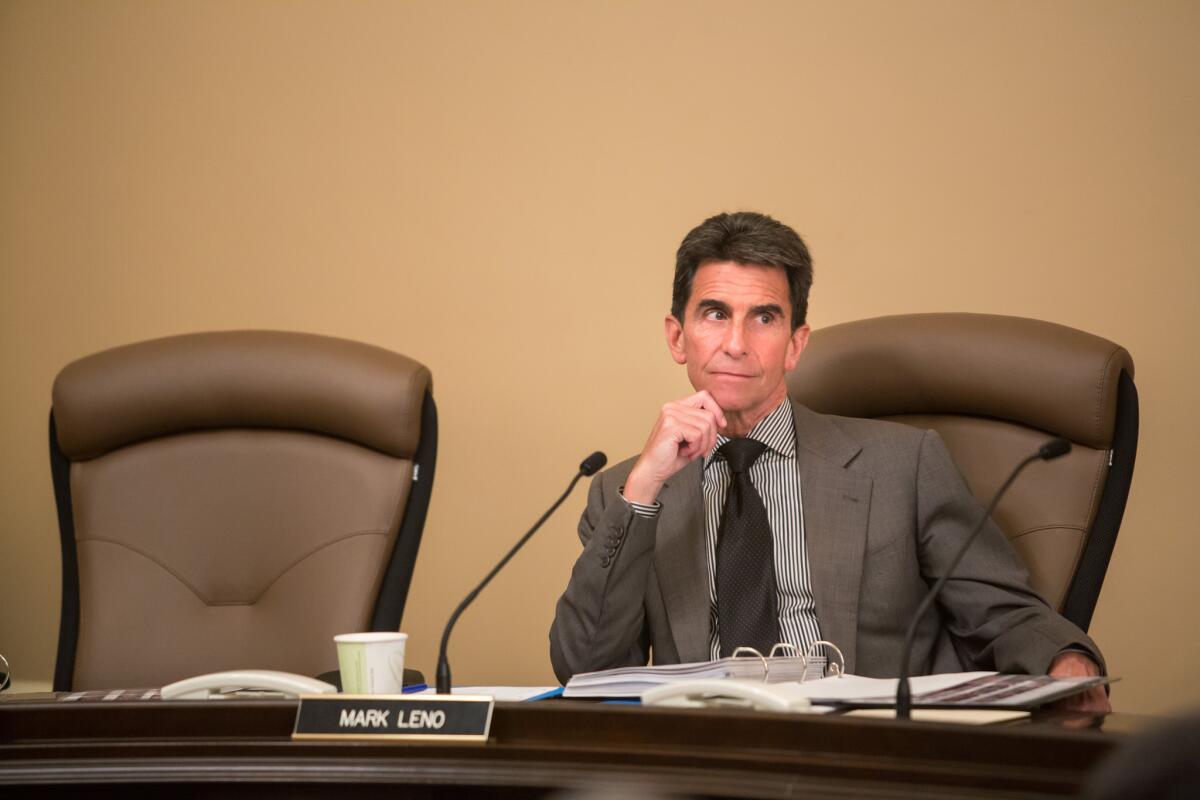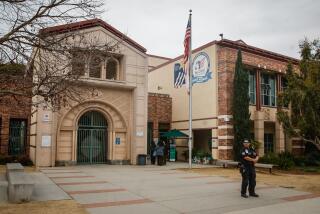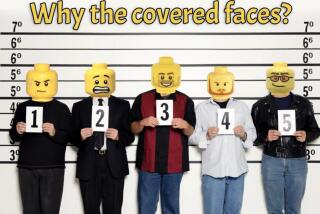Assembly approves measure to restrict police searches of email

Sen. Mark Leno (D-San Francisco) at the state Capitol. Leno’s bill would require law enforcement agencies in most circumstances to obtain a warrant for digital communications, such as e-mails.
Lawmakers in the Assembly narrowly approved a bill that would put in place stricter privacy limits on police access to emails and other electronic communications.
The measure by Sen. Mark Leno (D-San Francisco) would require law enforcement agencies in most circumstances to obtain a warrant for digital communications, such as e-mails.
“It makes no sense that the email in your in box should enjoy different protections than the mail in your mailbox,” said Assemblyman Jay Obernolte (R-Hesperia), who carried the bill on the Assembly floor.
Assemblyman Mike Gatto (D-Los Angeles) said the measure was “carefully crafted to ensure it does nothing to hinder investigations.” Many of the major police groups, including the state sheriffs’, district attorneys’ and police chiefs’ associations, dropped their opposition and are now neutral on the bill.
Supporters include major tech companies such as Google and Facebook, as well as civil liberties groups.
Lawmakers of both parties spoke in favor of the measure, but Assemblyman Jim Cooper (D-Elk Grove) made a fierce pitch against the bill.
“This is a one-size-fits-all bill that weakens the ability of law enforcement to successfully investigate child exploitation networks,” Cooper said.
Supporters noted the bill explicitly exempts child pornography investigations from certain provisions, such as the requirement that electronic communications be destroyed after 90 days.
The bill required a two-thirds vote because it would amend a part of the state Constitution dealing with excluding illegally gathered evidence.
Assembly members approved the measure, SB 178, on a 55-11 vote. It now heads to the Senate for final approval.
Twitter: @melmason
More to Read
Start your day right
Sign up for Essential California for news, features and recommendations from the L.A. Times and beyond in your inbox six days a week.
You may occasionally receive promotional content from the Los Angeles Times.







